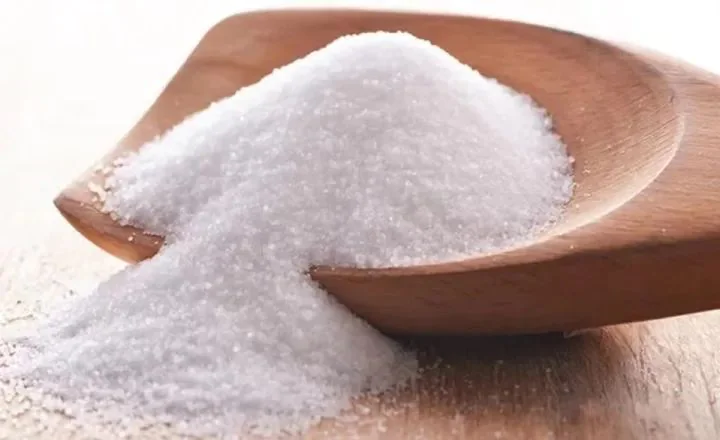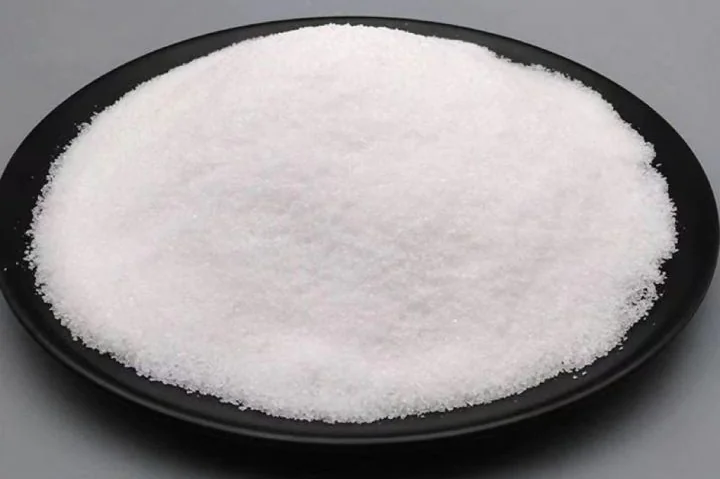Cationic polyacrylamide (CPAM) is a common polymer flocculant. It is widely used in treating organic wastewater and sludge dewatering. This guide explains how to classify CPAM and how to choose the right ion degree for better results.
How CPAM Is Classified
There are two ways to classify CPAM: by ion degree and by molecular weight.
🔹 By Ion Degree (Cationic 10 to 60) Ion degree means how much positive charge is in the PAM molecule. The number is usually from 10% to 60%.
- Higher ion degree = stronger flocculation power.
- High ion degree is good for water with a lot of organic matter.
- But higher is not always better. You must check the type of wastewater, sludge level, and treatment equipment.
🔹 By Molecular Weight Molecular weight also affects PAM performance. But in real use, people focus more on ion degree than on molecular weight.

How to Choose the Right Ion Degree
To choose the right CPAM, you need to understand your water and treatment process. Here are some tips:
🔸 Based on Wastewater Type CPAM is good for organic wastewater and organic sludge. It works well in slightly acidic or neutral water.
- Flocculation: Helps make water clearer.
- Sludge Dewatering: Makes sludge drier and easier to filter.
🔸 During Pretreatment
- If water quality needs are low: Use anionic PAM with PAC.
- If water must be very clean: Use CPAM with coagulants to remove more solids.
🔸 For Sludge Dewatering Choose based on the machine type (like filter press or centrifuge) and sludge level:
- Low sludge concentration: Use CPAM with low ion degree (C10–C30).
- High organic sludge: Use C40, C50, or even C60 for better dewatering.

CPAM Use Tips for Different Industries
| Industry Type | Application Stage | Recommended Ion Degree |
| Food Wastewater | Pretreatment + Dewatering | C20–C40 |
| Domestic/Municipal | Sludge Dewatering | C30–C50 |
| Slaughterhouse | Flocculation + Dewatering | C30–C40 |
| Textile/Paper/Dyeing | Flocculation | C20–C30 |
| Chemical Wastewater | Coagulation + Dewatering | C30–C50 |
| Farming Wastewater | Separation + Dewatering | C40–C60 |
| Landfill Leachate | High Strength Treatment | C50–C60 |
💡 Tip: Leachate and farming wastewater have a lot of organic matter and are hard to treat. They need PAM with a high ion degree.
Conclusion: Choose Smart, Treat Better
CPAM is useful in many wastewater treatment jobs. To get good results, you must match the ion degree with the water type and treatment steps. A good match means better performance, lower cost, and better protection for the environment.
